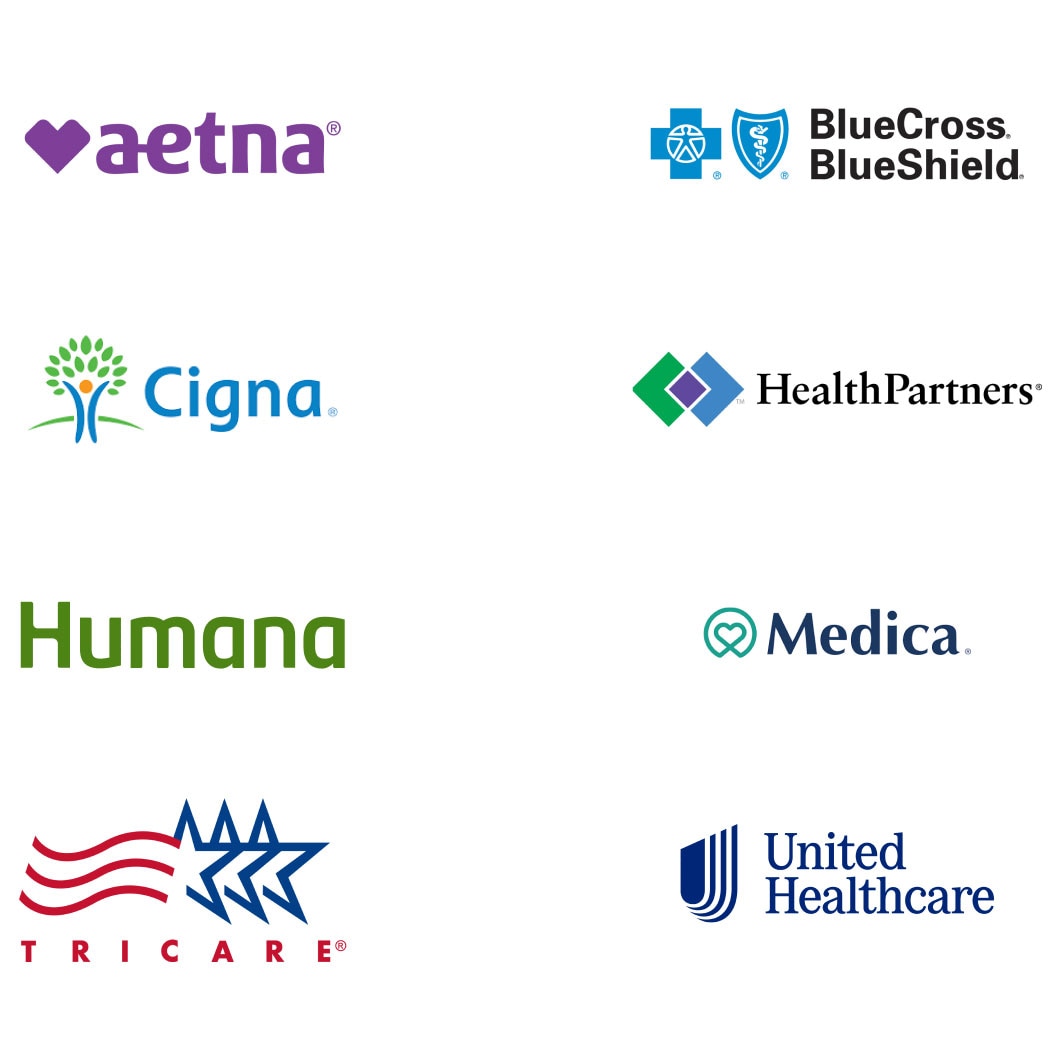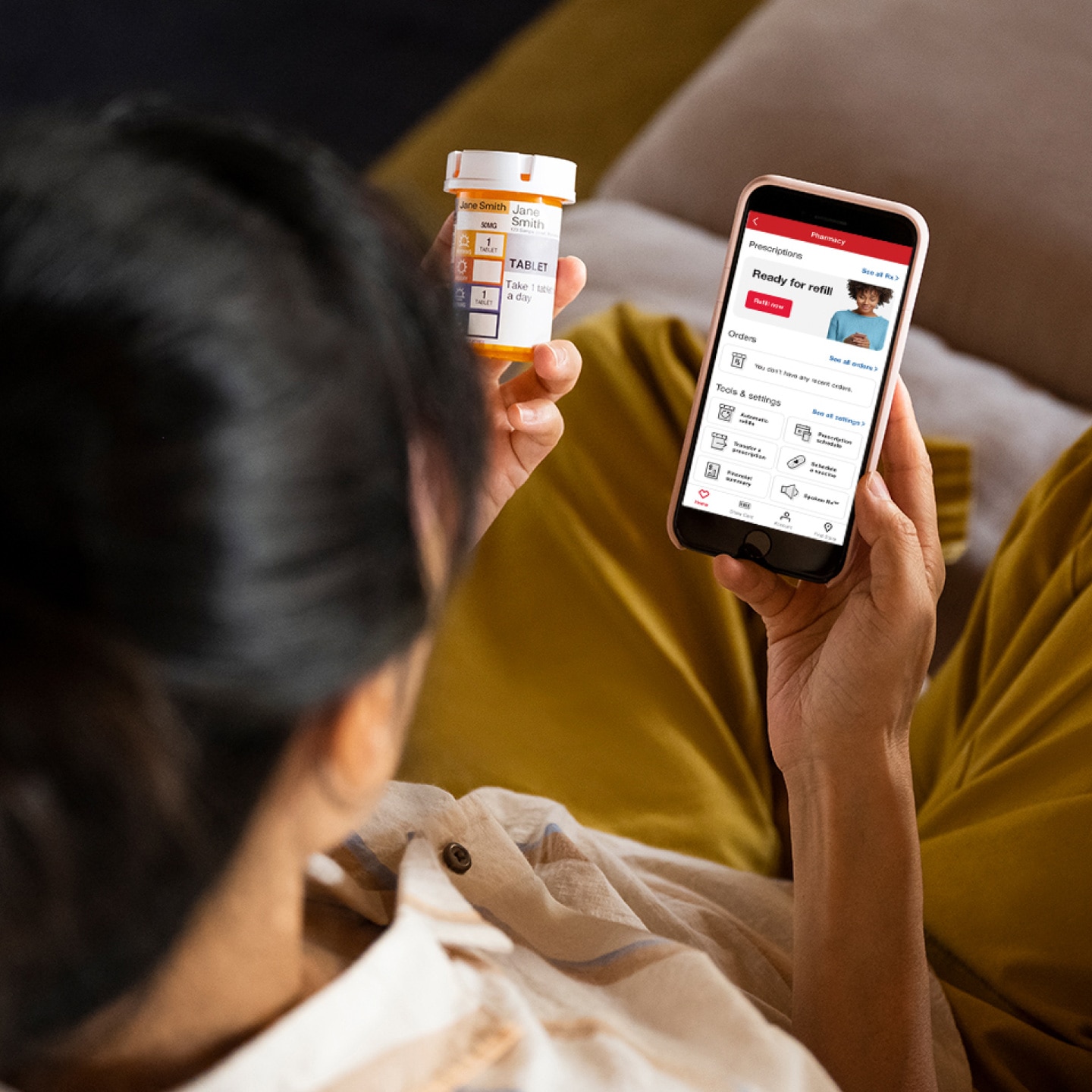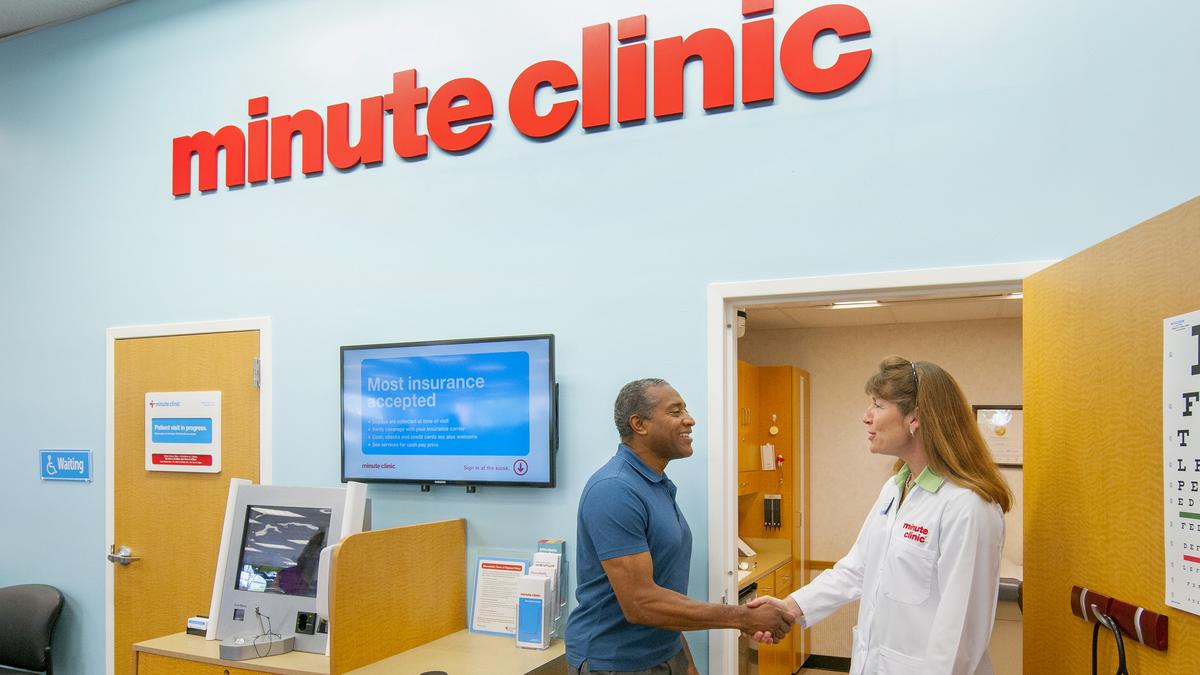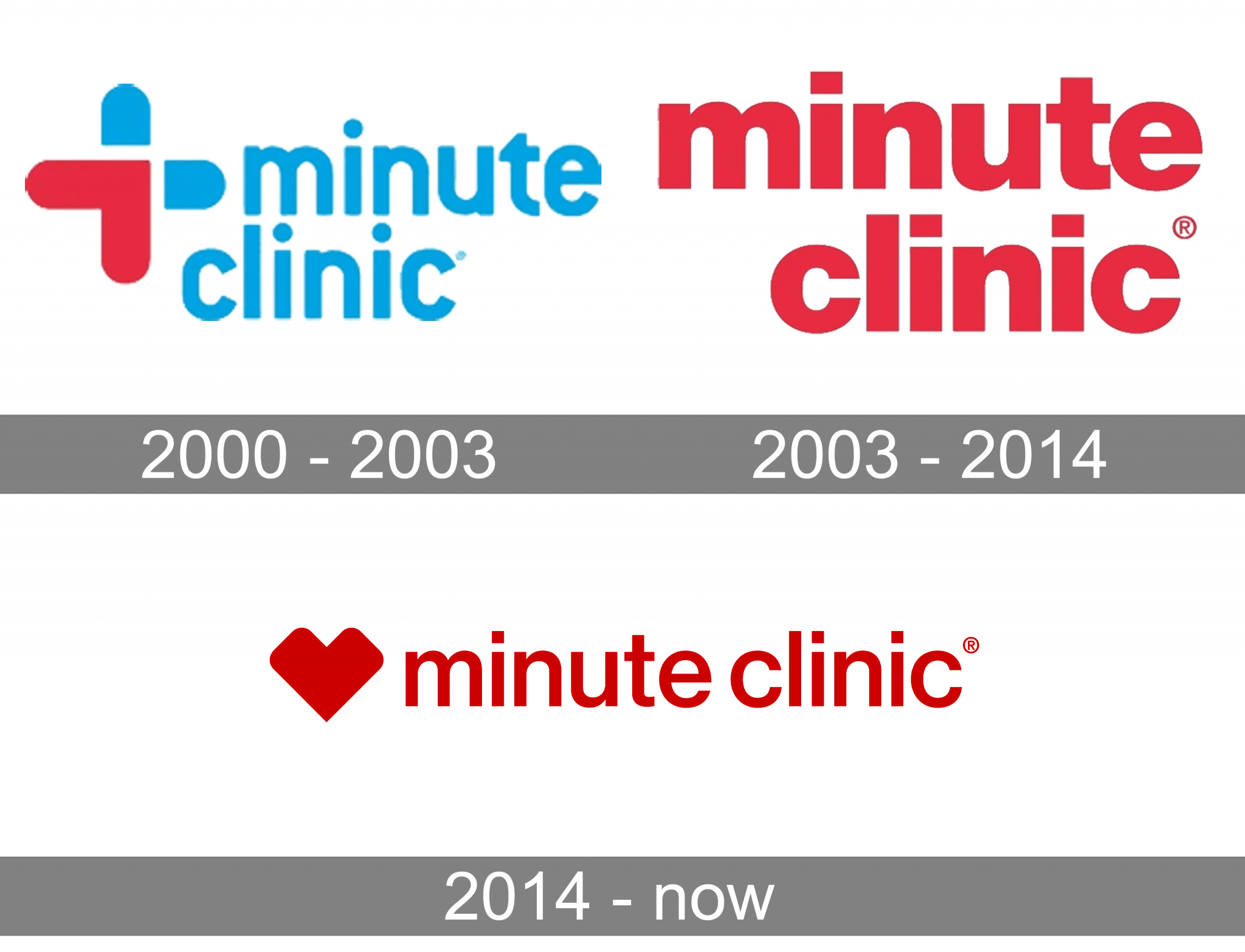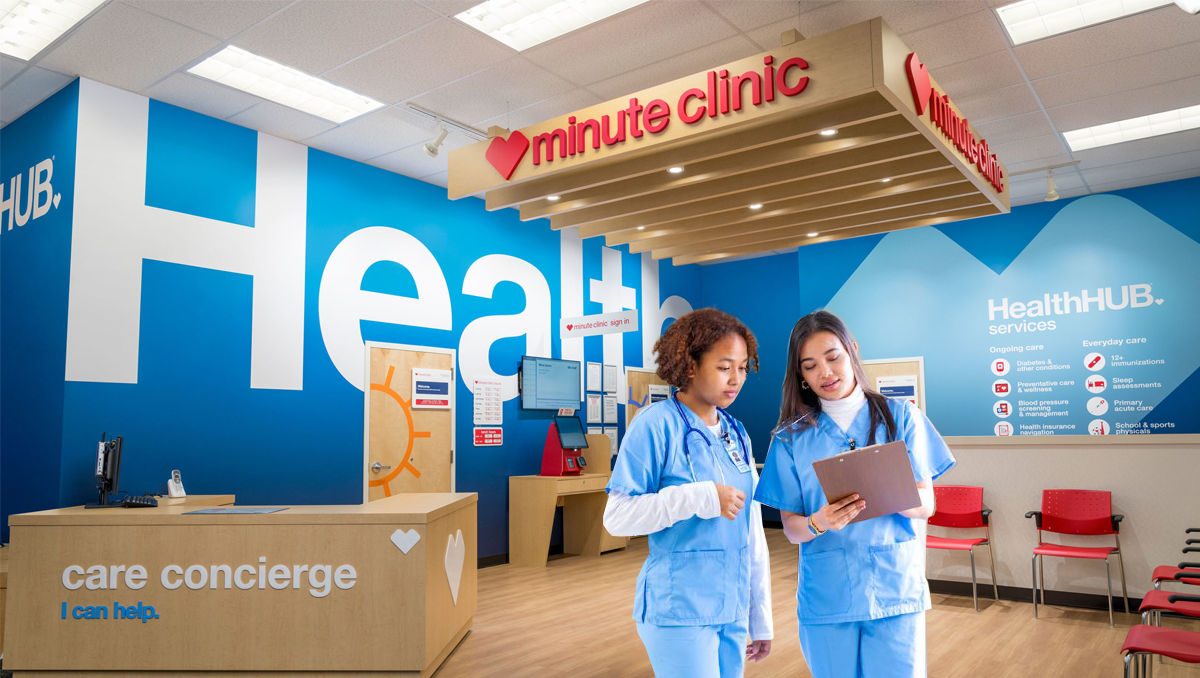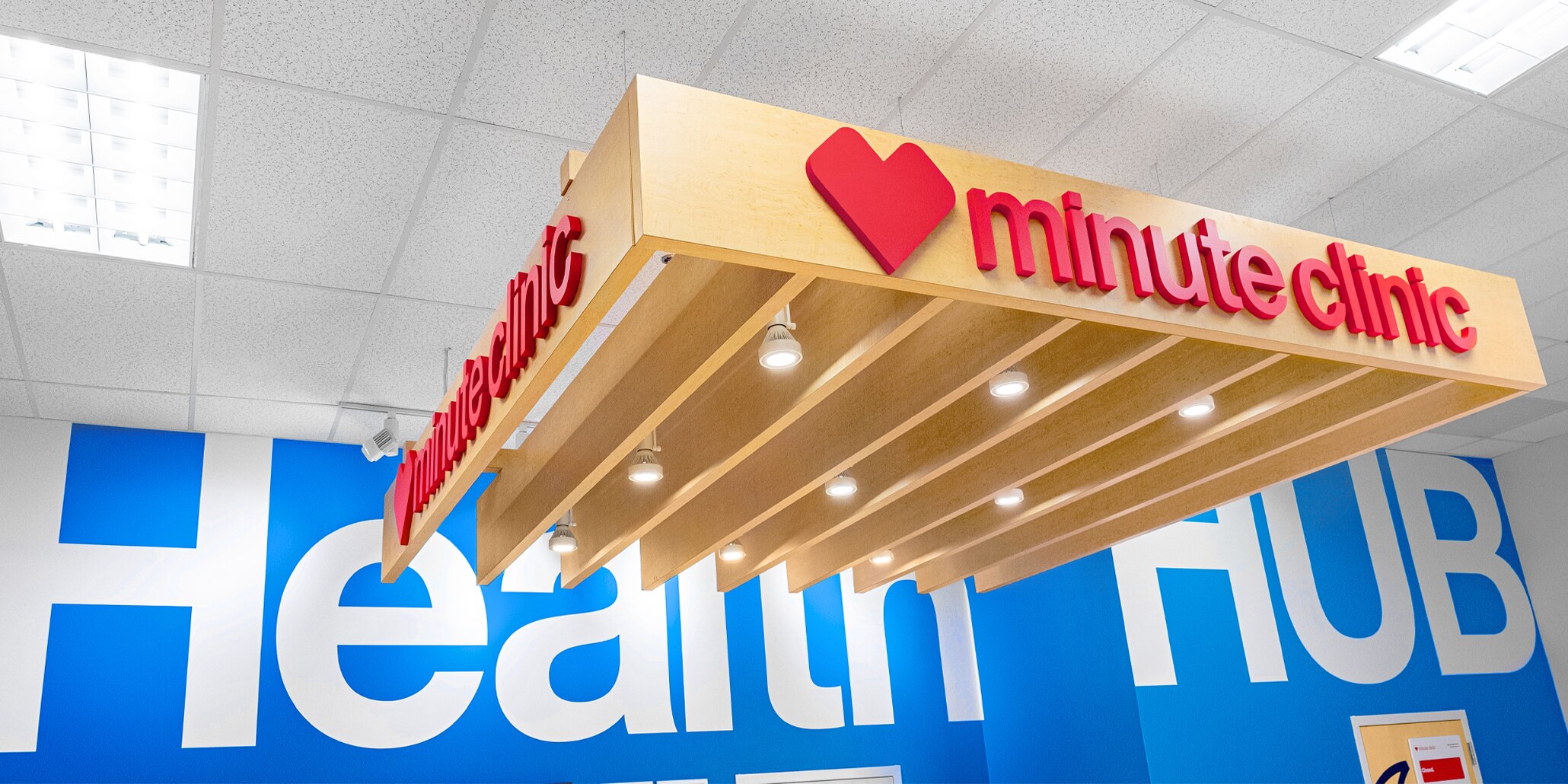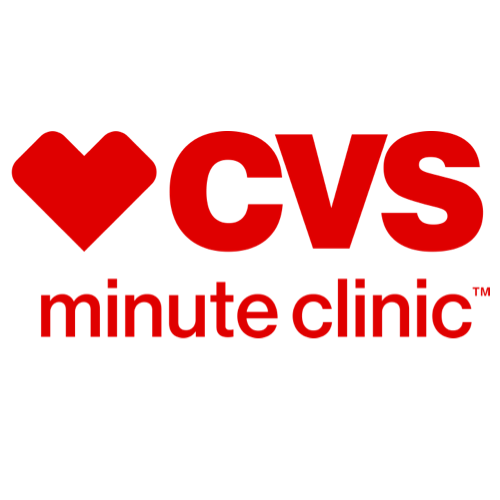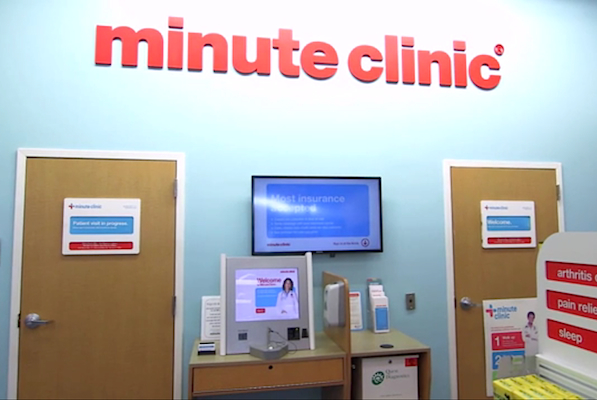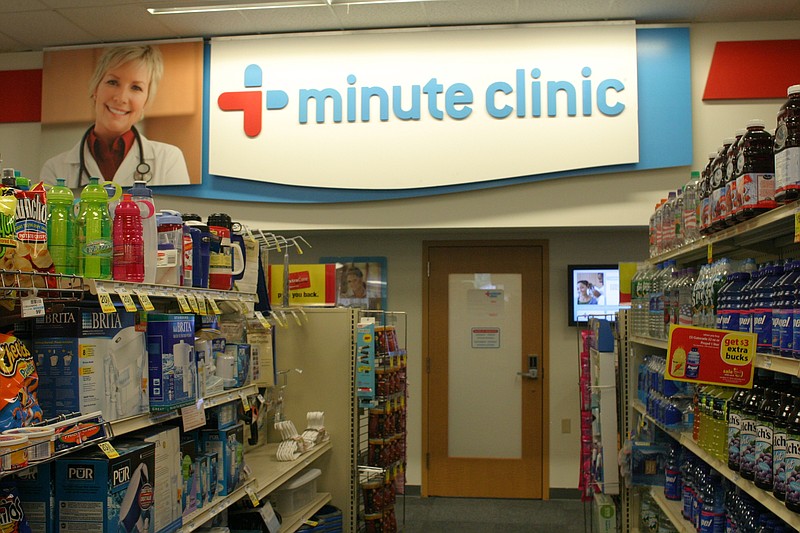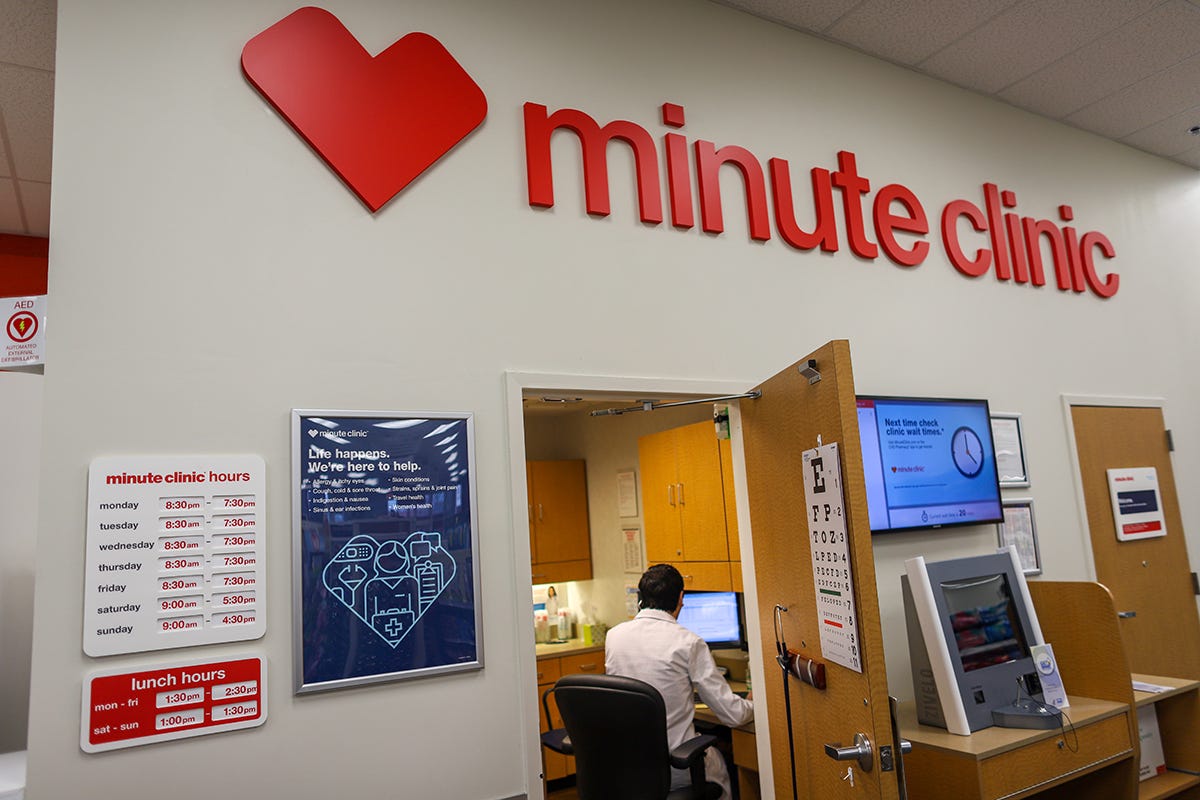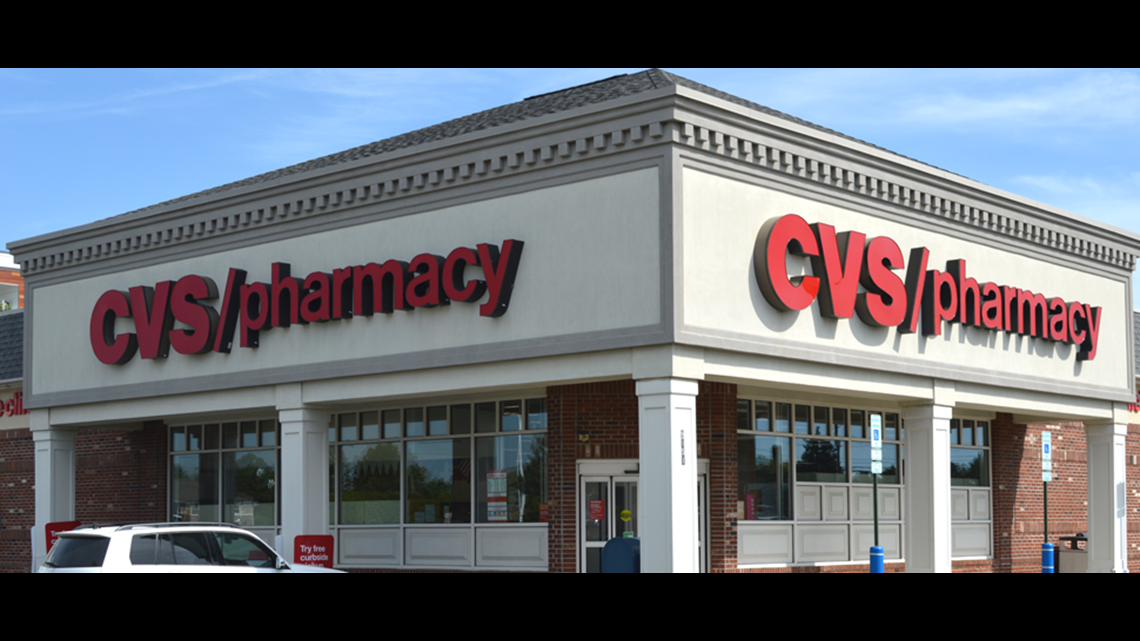Does Cvs Minute Clinic Give Prescriptions

In an era where healthcare accessibility is paramount, the role of retail clinics like CVS MinuteClinic has become increasingly significant. A crucial aspect of their service is the ability to provide prescriptions, directly impacting how quickly and conveniently individuals can receive necessary medical treatment.
This article delves into the specifics of prescription services offered at CVS MinuteClinics, examining the types of medications they can prescribe, the limitations they face, and how these services contribute to the broader healthcare landscape.
Understanding CVS MinuteClinic Prescription Capabilities
The core question—does CVS MinuteClinic give prescriptions?—can be answered with a qualified yes. MinuteClinics are staffed by nurse practitioners and physician assistants who are authorized to diagnose, treat, and prescribe medications for a range of common illnesses and conditions.
However, it's essential to understand the scope of their prescribing authority.
Scope of Prescriptions Offered
MinuteClinics primarily focus on acute and minor health issues. This includes prescribing antibiotics for infections like strep throat, urinary tract infections (UTIs), and sinus infections.
They also commonly prescribe medications for conditions like allergies, cold and flu symptoms, skin conditions, and women's health issues such as yeast infections.
Furthermore, MinuteClinics often provide prescriptions for preventive care, such as smoking cessation aids and birth control.
Limitations and Restrictions
While MinuteClinics offer a valuable service, there are limitations to their prescribing capabilities. They generally do not prescribe controlled substances, such as opioids for pain management, or medications for chronic conditions requiring long-term management.
Patients with complex medical histories or those requiring specialized care are typically referred to their primary care physicians or specialists.
Regulations can vary by state, impacting the specific medications that MinuteClinic providers can prescribe.
The Role in Healthcare Accessibility
CVS MinuteClinics play a significant role in expanding access to healthcare. They offer a convenient and often more affordable alternative to traditional doctor's offices or emergency rooms for minor health concerns.
Their extended hours and walk-in availability make it easier for individuals to receive timely medical attention, especially those with busy schedules or limited access to primary care.
By providing prescription services, MinuteClinics help to streamline the treatment process, allowing patients to start medication immediately after diagnosis.
Perspectives on MinuteClinic Prescribing
The availability of prescription services at retail clinics like CVS MinuteClinic has sparked debate within the medical community. Proponents argue that it increases access to care and reduces the burden on primary care physicians.
Critics raise concerns about the potential for fragmented care, as patients may not have a consistent relationship with a healthcare provider at the clinic.
There are also concerns about the potential for over-prescription of antibiotics, contributing to antibiotic resistance.
Looking Ahead: The Future of Retail Clinic Prescriptions
As the healthcare landscape continues to evolve, the role of retail clinics like CVS MinuteClinic is likely to expand. Increased integration with electronic health records and greater collaboration with primary care providers could help to address concerns about fragmented care.
Technological advancements, such as telehealth, may further enhance the ability of MinuteClinics to provide prescription services remotely.
Continued monitoring and evaluation of prescribing practices are essential to ensure patient safety and promote responsible medication use.
In conclusion, CVS MinuteClinics do offer prescription services for a range of common illnesses and conditions, but it is important to be aware of the limitations and restrictions. They serve as a valuable resource for accessible and convenient healthcare, while ongoing efforts are needed to ensure quality and continuity of care.
